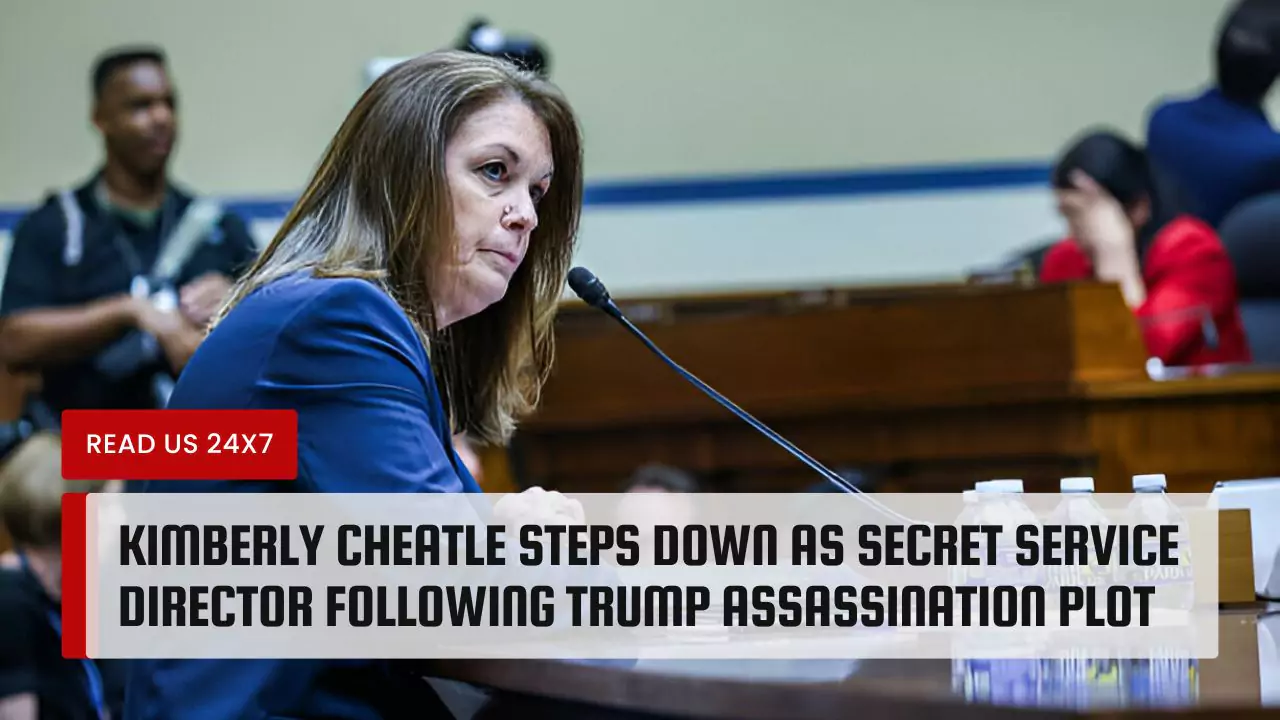Kimberly Cheatle resigned as the Director of the U.S. Secret Service after an assassination attempt on former President Donald Trump during a rally. This incident raised serious concerns about security measures in place for protecting high-profile individuals. Cheatle’s resignation came after intense backlash and scrutiny from lawmakers.
The Assassination Attempt on Trump at Rally
During a rally in Pennsylvania, a shooter named Thomas Matthew Crooks attempted to kill Donald Trump. He got close to the stage and fired a weapon. His motivations for this violent act remain unclear, but it sparked significant alarm throughout the nation. The Secret Service had promised enhanced security due to prior threats on Trump’s life. Despite this, the shooter managed to get within 135 meters of the former president.
The incident revealed glaring security failures. It appeared that proper protocols to safeguard Trump were not effectively implemented. Many officers were criticized for not noticing suspicious activity beforehand. The combination of operational shortcomings and heightened risk factors created a dangerous environment for Trump.
Calls for Accountability
Following the shooting, Congress demanded answers. Lawmakers questioned Cheatle about what went wrong during the event. They wanted to know why the Secret Service could not prevent the shooter from getting so close to Trump. Questions revolved around whether the agency was prepared to handle such a threat. The atmosphere turned tense, with representatives expressing anger at the lack of accountability.
Several members of Congress publicly called for Cheatle’s resignation. They felt that her leadership had failed to ensure the safety of a former president. The mounting pressure to resign came from both sides of the political aisle, highlighting the seriousness of the situation. This call for accountability focused on the need for enhanced security measures.
Resignation of Secret Service Director Kimberly Cheatle
In response to the overwhelming criticism, Kimberly Cheatle announced her resignation. Cheatle stated that she took full responsibility for the security lapses. She understood that failing to protect Trump during a dangerous situation was unacceptable. Her resignation was seen as necessary to restore public confidence in the Secret Service.
Her departure did not come without a history of controversy. Cheatle faced scrutiny even before this incident for her leadership and decision-making. Some had questioned her capability in managing crucial security operations. These issues contributed to the calls for accountability and ultimately led to her resignation.
In conclusion, Kimberly Cheatle stepped down as the Secret Service Director after an assassination attempt on Trump. The incident highlighted severe shortcomings in security protocols. Congress held hearings, demanding explanations, and held her accountable for the failures. Cheatle’s resignation marked a significant event in the ongoing discussion about the safety of high-profile individuals in the U.S.


